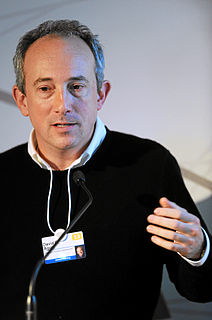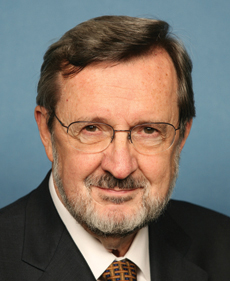A Quote by Anne Wojcicki
We care a lot more about not having the disease than treating it.
Related Quotes
I made some friends at Listerine and they taught me a little bit about oral care. That half of adults suffer from oral disease, that the number one chronic disease among children is oral disease, that we're only taking care of 25% of our mouths when brushing alone and there are more germs in your mouth than there are people on the planet.
...There's a lot of money in the Western diet. The more you process any food, the more profitable it becomes. The healthcare industry makes more money treating chronic diseases (which account for three quarters of the $2 trillion plus we spend each year on health care in this country) than preventing them.
...but this is the real objection to that torrent of modern talk about treating crime as disease, about making prison merely a hygienic environment like a hospital, of healing sin by slow scientific methods. The fallacy of the whole thing is that evil is a matter of active choice whereas disease is not.
The reason I got into sickle cell was my aunt has the disease, my uncle has the disease, and then the more I looked into it, a lot of minorities have the disease and it just doesn't get covered. No one really talks about it, and I felt it was the same thing with the different social injustice issues and topics that I kind of dove into.
People still think of AIDS as a shame-based disease, it's a sexually transmitted disease, and you're either gay or you're a prostitute or an intravenous drug user. And so a lot of people are still very bigoted about this disease. It's such a treatable disease. It's so - the end is in sight for this disease, medically.
It's hard to find people to trust in the record industry, always. It's an industry with a lot of bullshit. There's a lot of people who are in positions of power that really know nothing and care for nothing. So I think, yeah, you learn pretty early on that you've really got to trust yourself more than anybody else, and that nobody's going to care about what you do more than you.





































